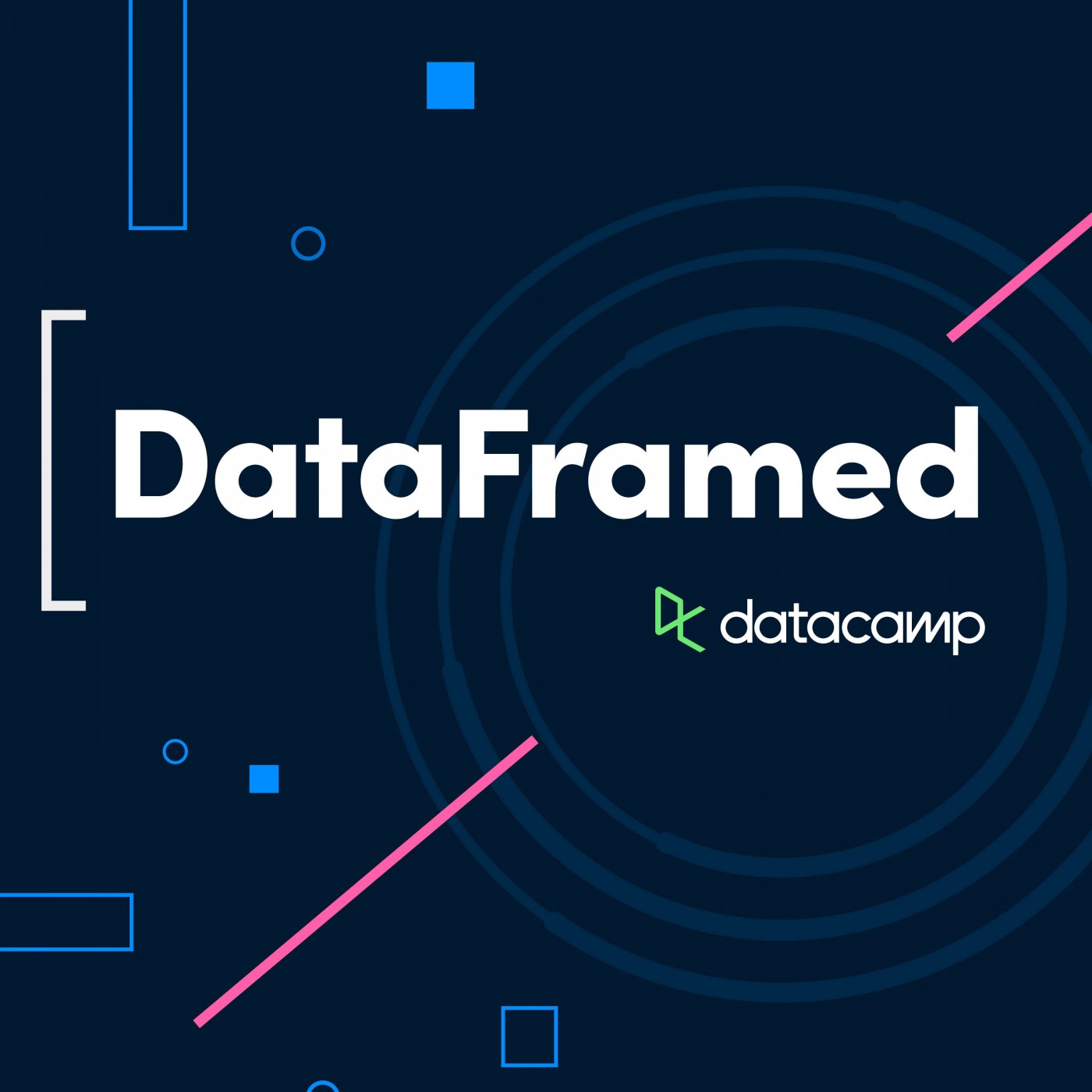
Best of 2024: The Art of Prompt Engineering with Alex Banks, Founder and Educator, Sunday Signal

DataFramed
Deep Dive
Why is prompt engineering considered a foundational skill for everyone?
Prompt engineering is crucial because it allows individuals to effectively use language models, which are powerful tools that can significantly enhance productivity and transform daily tasks. By mastering prompt engineering, users can extract the best possible outputs from AI systems, making it a vital skill for the future.
What is the main challenge in creating effective prompts for ChatGPT?
The main challenge is ensuring that the input is clear, specific, and reduces ambiguity. A good prompt should provide relevant context and allow the language model to make new connections across domains, leading to more accurate and tailored responses.
How can open-ended prompts improve the output of ChatGPT?
Open-ended prompts allow ChatGPT to think outside the box and generate creative, non-obvious results. By giving the model more freedom to explore ideas, users can uncover unique solutions and insights that they might not have considered otherwise.
What is the 'persona problem solution' framework in prompt engineering?
The 'persona problem solution' framework involves defining a persona, specifying the problems to be solved, and then asking for solutions. This method allows ChatGPT to take on a specific role, such as an advisor to Ray Dalio, and provide detailed, tailored responses to complex problems.
How can users evaluate the effectiveness of ChatGPT's responses?
Users can evaluate responses using the acronym LARF: Logical consistency, Accuracy, Relevance, and Factual correctness. This involves checking for coherence, verifying facts, ensuring the response aligns with the context, and cross-referencing with other resources to confirm factual accuracy.
What are some tools that can help improve the quality of ChatGPT's outputs?
Tools like Scholar AI can help by allowing users to query peer-reviewed articles, extract data, and ensure factual correctness. These tools help mitigate hallucinations and provide more reliable, data-backed responses.
What is chain of thought prompting and why is it effective?
Chain of thought prompting involves providing a roadmap for ChatGPT to follow, guiding it step-by-step to arrive at the desired answer. This technique is effective because it allows the model to reason through problems more thoroughly, leading to more accurate and nuanced outputs.
Will prompt engineering become a standalone career path in the future?
While prompt engineering is currently a highly specialized skill, it is likely to become a foundational skill that everyone needs to learn, similar to basic digital literacy. However, for those working on the application layer of AI, it will remain a core competency and potentially a specialized role.
What are the key differences between prompt engineering for developers and non-developers?
Developers often write longer, more complex prompts that require setting personas, using delimiters, and providing detailed context. Non-developers, on the other hand, typically focus on simpler prompts for consumer tools like ChatGPT. Both require clarity, specificity, and the use of techniques like chain of thought prompting, but developers need a deeper understanding of system-level prompts.
What does general AI literacy look like according to Alex Banks?
General AI literacy starts with understanding prompt engineering to get the most out of current AI systems. It also involves being proactive in identifying tools and strategies that can solve specific problems, leveraging AI to enhance productivity, and staying ahead in the rapidly evolving AI landscape.
Shownotes Transcript
As we look back at 2024, we're highlighting some of our favourite episodes of the year, and with 100 of them to choose from, it wasn't easy!
The four guests we'll be recapping with are:
- Lea Pica - A celebrity in the data storytelling and visualisation space. Richie and Lea cover the full picture of data presentation, how to understand your audience, how to leverage hollywood storytelling and more. Out December 19.
- Alex Banks - Founder of Sunday Signal. Adel and Alex cover Alex’s journey into AI and what led him to create Sunday Signal, the potential of AI, prompt engineering at its most basic level, chain of thought prompting, the future of LLMs and more. Out December 23.
- Don Chamberlin - The renowned co-inventor of SQL. Richie and Don explore the early development of SQL, how it became standardized, the future of SQL through NoSQL and SQL++ and more. Out December 26.
- Tom Tunguz - general Partner at Theory Ventures, a $235m VC firm. Richie and Tom explore trends in generative AI, cloud+local hybrid workflows, data security, the future of business intelligence and data analytics, AI in the corporate sector and more. Out December 30.
Since the launch of ChatGPT, one of the trending terms outside of ChatGPT itself has been prompt engineering. This act of carefully crafting your instructions is treated as alchemy by some and science by others. So what makes an effective prompt?
Alex Banks has been building and scaling AI products since 2021. He writes Sunday Signal, a newsletter offering a blend of AI advancements and broader thought-provoking insights. His expertise extends to social media platforms on X/Twitter and LinkedIn, where he educates a diverse audience on leveraging AI to enhance productivity and transform daily life.
In the episode, Alex and Adel cover Alex’s journey into AI and what led him to create Sunday Signal, the potential of AI, prompt engineering at its most basic level, strategies for better prompting, chain of thought prompting, prompt engineering as a skill and career path, building your own AI tools rather than using consumer AI products, AI literacy, the future of LLMs and much more.
Links Mentioned in the Show:
- [Alex’s Free Course on DataCamp] Understanding Prompt Engineering)
- Sunday Signal)
- Principles by Ray Dalio: Life and Work)
- Related Episode: [DataFramed AI Series #1] ChatGPT and the OpenAI Developer Ecosystem)
- Rewatch sessions from RADAR: The Analytics Edition)
New to DataCamp?
- Learn on the go using the DataCamp mobile app)
- Empower your business with world-class data and AI skills with DataCamp for business)